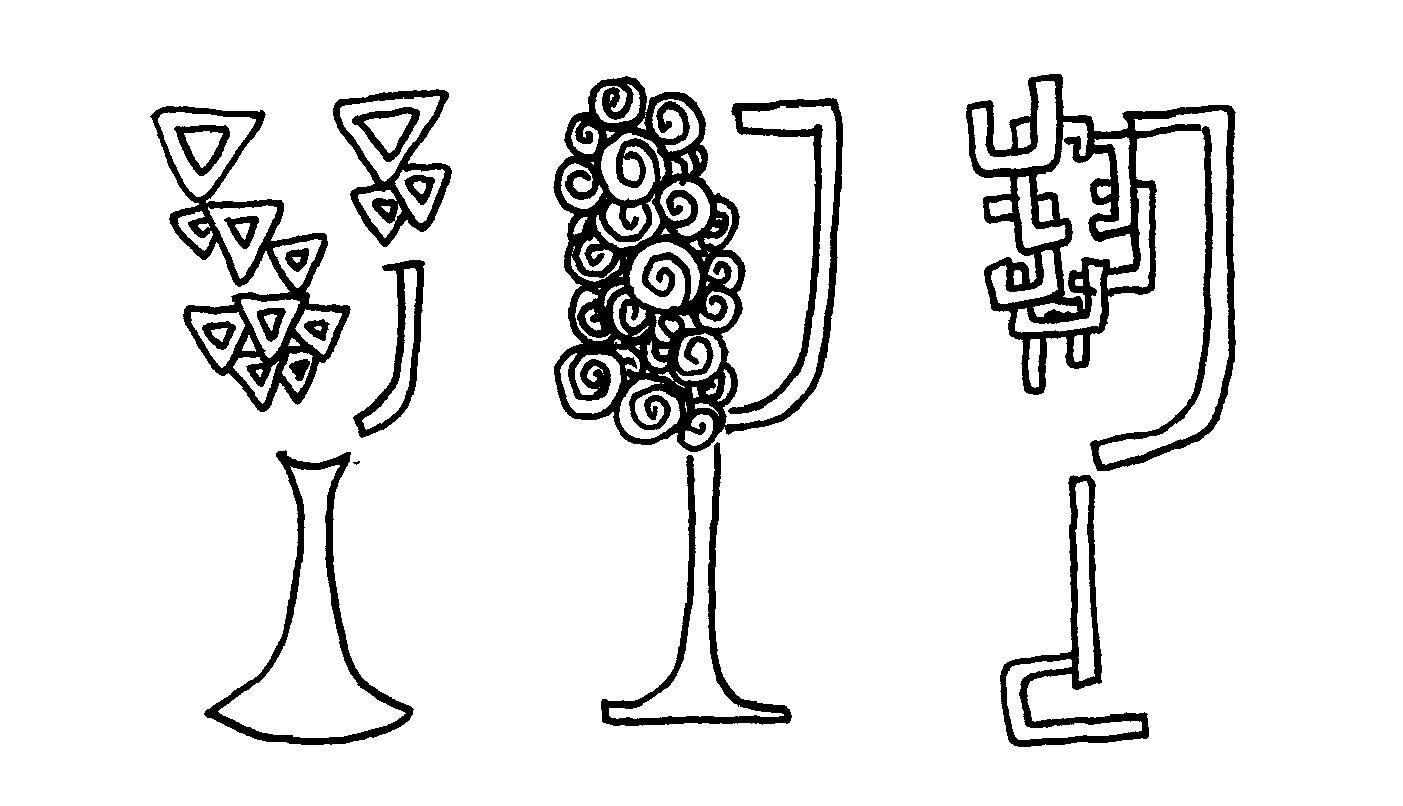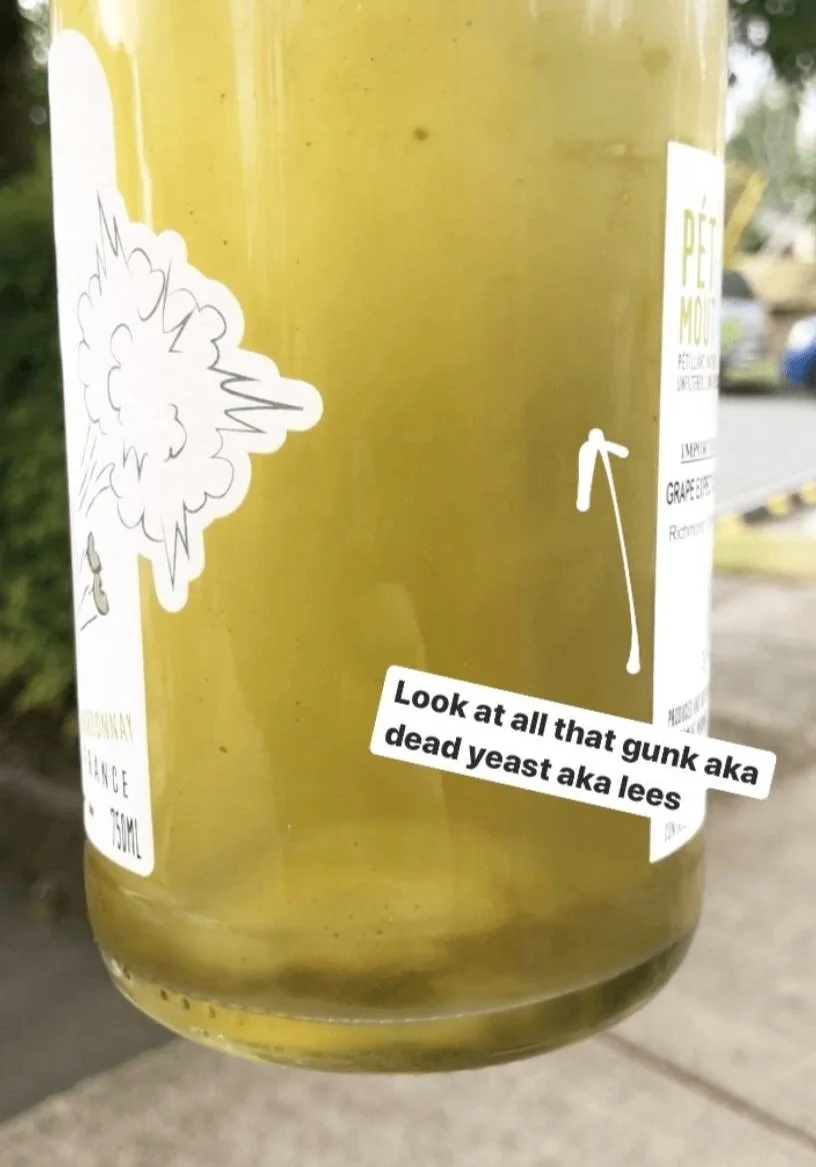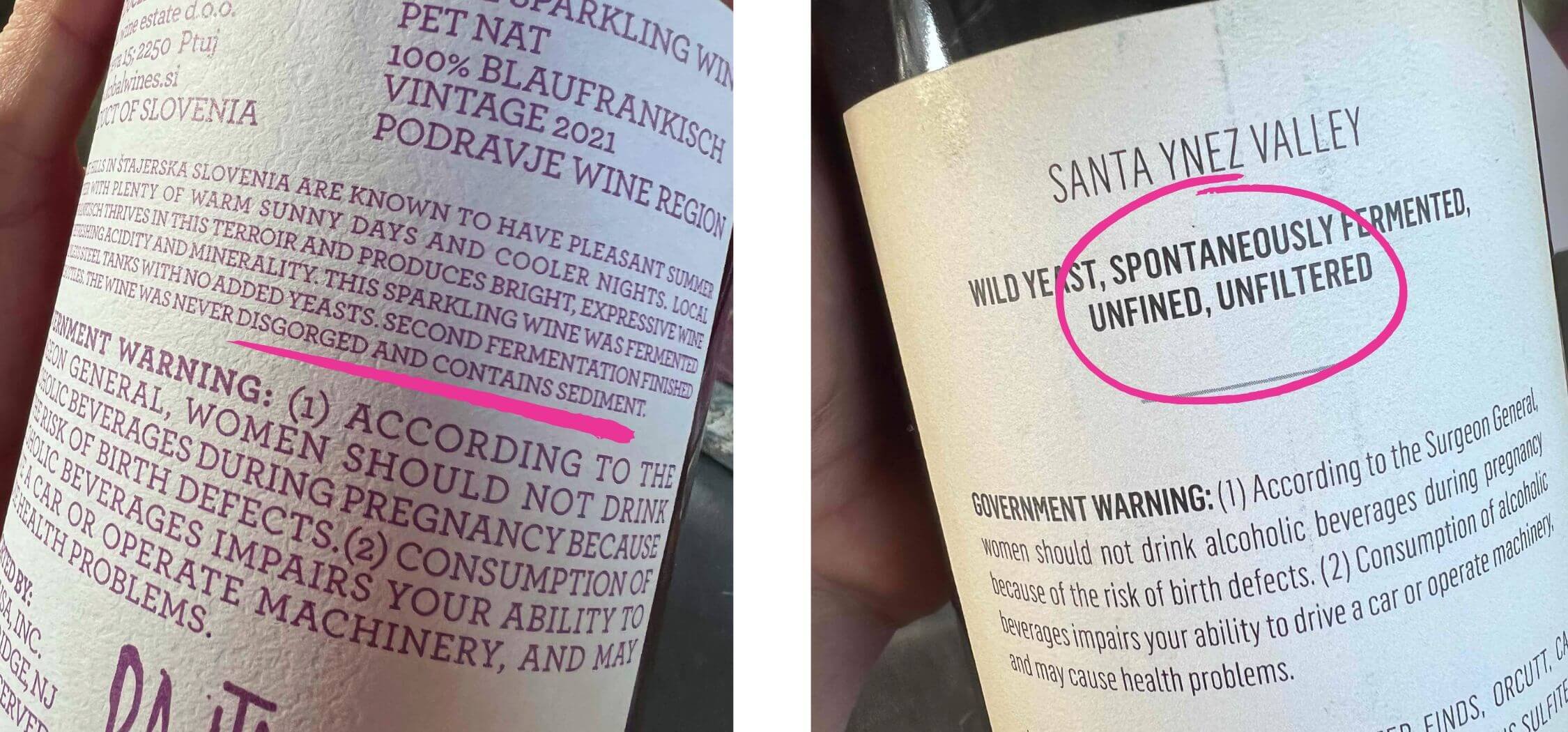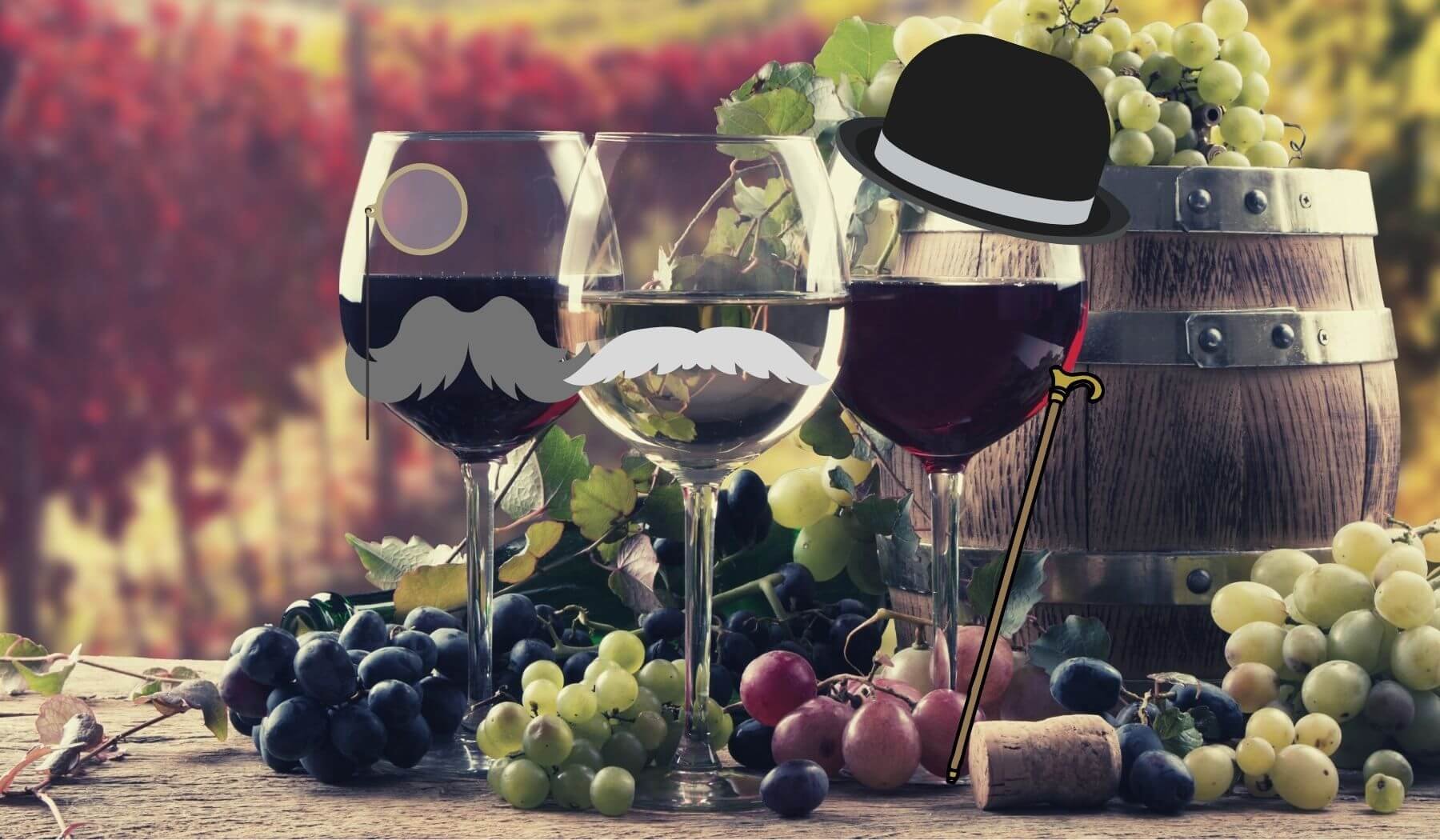Hold up. Is my wine vegan?
Last year, during a members-only class with one of our favorite Willamette Valley winemakers, we started out talking about the usual stuff—why Pinot Noir rocks, why Chardonnay especially rocks—and then the conversation took a slight left turn and we spent about thirty-odd minutes talking about egg whites. (The inner nerd in all of us was, believe it or not, sufficiently entertained.)
Yes, you heard me right, egg whites. And no, we weren’t getting into an off topic conversation about low-cal omelets.
So what do egg whites have to do with wine?!?!
Why would a wine not be vegan?
Well, ever heard of ‘vegan’ wine and wondered why on earth wine would not be vegan? Yep, you guessed it: egg whites. (And also, milk protein and also, much grosser sounding: fish bladder 🤢.)
No, you aren’t literally drinking egg whites or fish bladder when drinking wine, but they are commonly used in wine production.
What do egg whites and fish bladder have to do with winemaking?
Wine is made from fruit (ie, grapes, duh). Imagine just smooshing a bunch of grapes—you won’t get a clear juice. Instead, you get juice that has stuff in it—grape skins for sure, but also pips, bits of stem and other sediment. Plus, the yeast used during fermentation eventually dies, which leaves bits of dead yeast (also called ‘lees’) in the wine. All this gunk is totally safe to drink, but it’s not always especially pretty or appetizing.
This is where fining and filtering come in. Filtering, like it sounds, sieves out bits in the wine by using a, er, filter. Fining also clarifies the wine, but instead of putting the wine through a filter you would add some sort of protein agent to the wine. That protein binds to the particles of grape and yeast gunk, collecting them together so they are easy to remove.
Now what’s that protein?? Well, you guessed it (hopefully), egg whites (or an egg white powder), milk protein (casein), or, yep, fish bladder (aka isinglass, which is actually a type of collagen that is derived from the bladder).
Pet nats are almost always unfined and unfiltered; ie lots of sediment is left in there.
Gross and weird! Who does this?!
This is not some obscure practice happening with weirdos on the fringes. In fact, the fish-bladder thing dates back to the Middle Ages, so it’s a very established method in winemaking.
There are powdered versions of milk and egg whites but lots of small-production, low-intervention winemakers will use actual egg whites (sometimes obtained from chickens in their own vineyards. Farm to glass, you could call it?)
And, just to reiterate, the egg whites/fish bladder/milk proteins do not stay in your wine. They cling to the particles and are then filtered out, so you are not actually drinking them, but they are used in the process of clarifying your wine.
Ew, I don’t want this. So how do I find a vegan wine!?
Sometimes a wine might be labeled ‘vegan’. In which case, all well and good, you know where you stand. However, there are plenty of vegan wines that go out into the world unannounced! (Bentonite clay, for example, is quite commonly used.)
“Well how am I supposed to know!?” you might be screaming. Well, unfortunately, it’s not easy. Unless you know the winemaker and can ask, or have a very knowledgeable wine steward, it’s not a detail that is typically common knowledge.
You could Google a particular wine to see if the winery or importer website has a tech sheet on their website that says anything about how it was fined. It’s also possible it might tell you the wine was ‘unfined’ on the label. However, you’ll be lucky to find the info you need this way; it’s not common.
If a wine ‘contains sediment’ (see left label), it has not undergone any clarification treatment, ie no fining, ie it’s vegan!
The surest bet for finding a vegan wine? Look for a natural wine.
The thing is, pretty much any natural wine advocate will be opposed to fining. This is because natural winemakers don’t want to add or take anything away from the wine. Hence, leaving all the bits of yeast and grape in, letting a wine be its raw, natural, and untainted self.
So there you go. Look for a natural wine, and it should be easier to confirm that it is unfined, as most of them are anyway. Note, that just because a wine is unfined it doesn’t always follow that it will be crazy cloudy. If in doubt, check with your wine steward.
Good luck out there, my vegan friends! Have you discovered a great vegan wine (labelled or unlabelled)? Enlighten us in the comments!
P.S. To join our live classes and winemaker interviews with Martin et moi and our favorite industry peeps, plus access to class recordings and lots of other members-only Sunday School perks, join our membership: Sunday School Wine Society!








It’s New Year’s Resolutions time! In other words, let’s eat more healthily and drink more thoughtfully and maybe you want to find some of that wine with low, or better yet, no added sugar! Well what if I told you that the idea of low/no sugar wines is a total myth? Ok, so what’s the reaaaaaaal story about sugar in wine? (We think you’ll be very pleasantly surprised 😉